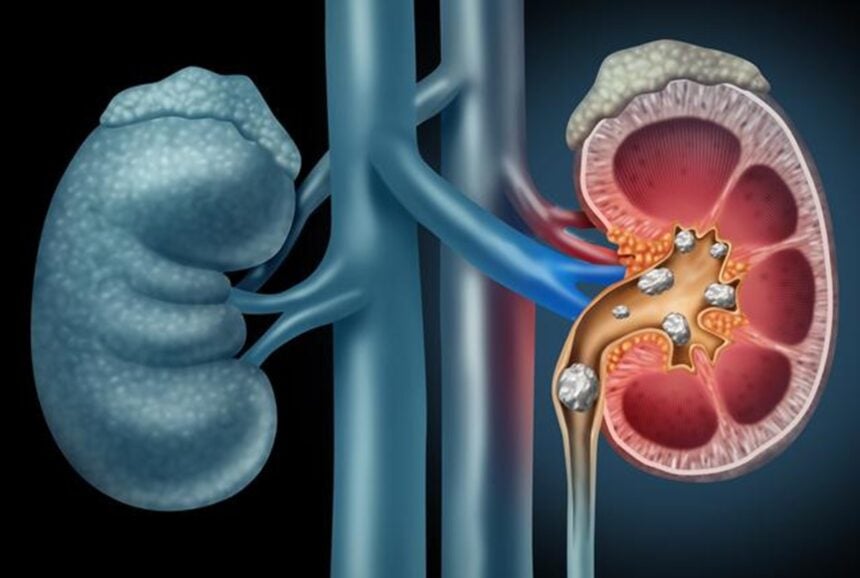Kindly let me know what causes Kidney stones and how to avoid them.
Fatima (by SMS)
Kidney stones are solid masses or crystals that form from substances (like minerals, acids and salts) in your kidneys. They can be as small as a grain of sand or — rarely — larger than a golf ball. Kidney stones are also called renal calculi or nephrolithiasis.
Depending on the size of your kidney stone (or stones), you may not even realize that you have one. Smaller stones can pass through your urinary tract in your pee with no symptoms. Large kidney stones can get trapped in your ureter (the tube that drains urine from your kidney down to your bladder). This can cause pee to back up and limit your kidney’s ability to filter waste from your body.
It can also cause bleeding. It can take as long as three weeks for kidney stones to pass on their own. Even some small stones can cause extreme pain as they go through your urinary tract and out of your body. You may need a provider to break up and remove a stone that can’t pass on its own. About 1 in 10 people will get a kidney stone during their lifetime. They’re most common in men in their 30s and 40s.
They’re also more common among non-Hispanic white people. The most common symptom of kidney stones is pain in your lower back, belly or side (flank pain). It might feel like it extends from your groin to your side. It can be a dull pain or sharp and severe. It’s sometimes called colicky pain because it can get worse in waves.
Read Also: I’m not cultist — Edo deputy gov
Other kidney stone symptoms include: Nausea and vomiting as well as pain on urinating including fever or chills. Cloudy or foul-smelling pee. Smaller kidney stones may not cause pain or other symptoms. What causes kidney stones? Your pee contains minerals, acids and other substances, like calcium, sodium, oxalate and uric acid. When you have too many particles of these substances in your pee and too little liquid, they can start to stick together, forming crystals or stones.
Kidney stones can form over months or years. You might be at a higher risk of developing kidney stones if you: Don’t drink enough fluids. Eat meat and other protein-rich foods. Eat foods high in sodium or sugars (sucrose and fructose).Take vitamin C supplements. Have a family history of kidney stones Have a blockage in your urinary tract. Have had stomach or intestine surgery, including gastric bypass surgery.
WATCH TOP VIDEOS FROM NIGERIAN TRIBUNE TV
- Let’s Talk About SELF-AWARENESS
- Is Your Confidence Mistaken for Pride? Let’s talk about it
- Is Etiquette About Perfection…Or Just Not Being Rude?
- Top Psychologist Reveal 3 Signs You’re Struggling With Imposter Syndrome
- Do You Pick Up Work-Related Calls at Midnight or Never? Let’s Talk About Boundaries






